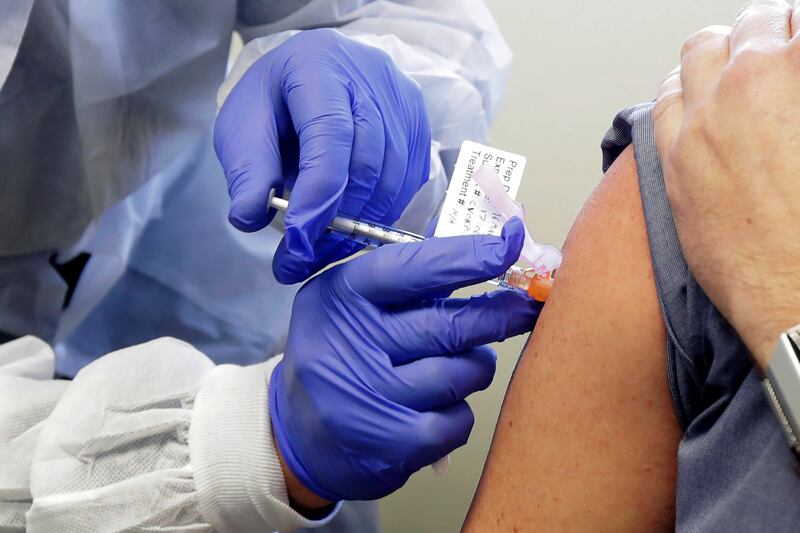Cybercrime, and particularly cyberwarfare between nations, may be the most serious threat to the nation’s economy and security today, the current pandemic notwithstanding.
That’s true whether it concerns the federal government or state and local governments.
Phil Bates, the chief information security officer for Utah’s Department of Technology Services, tells us state networks have to deflect about 1.5 billion attempts a day to compromise sensitive information. Let that sink in for a minute.
Hackers, using automated means to search for ports that might let them enter, seek everything from databases containing personal information useful for identity theft to access to voter registration lists that might allow them to wreak havoc on elections.
What they can’t get through automated bots they might access through phishing attempts that try to lure employees into divulging passwords or other important information. It takes only one employee mistake to bring down much of an organization.
Private companies with proprietary information, or that keep databases with payment records, face similar challenges.
Small wonder, then, that officials are saying they’ve discovered attempts by Russian- and Chinese-backed hackers to steal information from private and public researchers who are working on vaccines for COVID-19.
As inhumane as this sounds, The New York Times says these hackers don’t appear to be interested in destroying the life-saving work. They want to steal intellectual information so their own scientists can keep up with what American, British and Canadian scientists are discovering.
A lot of interests, from philanthropic organizations to governments, have paid researchers great amounts of money to ensure access to an effective vaccine when it is ready. Russia and China may worry they will be too far back in line to get what they need quickly.
Rather than rely on Western researchers, they would prefer to manufacture their own.
The medical industry, and pharmaceutical companies, in particular, require great amounts of money to fund research and development. Countries that lack resources, or that are not based on profit motives, have difficulty keeping up.
But this seemingly altruistic motive belies a destructive underground network of spying and theft that reveals the Cold War is alive and well. The Times reports that Oxford scientists this week found surprising similarities between their work and the work Russian scientists are reporting toward a vaccine.
Cybercrime generally gives criminals an avenue for credible deniability. Such things are difficult to trace with certainty. Anyone with a little knowledge could make it appear as if he or she were using a server anywhere in the world. The National Security Agency and the FBI, however, say they are confident in identifying these attempts because of how the hackers operate.
Utah is a small state. Yet, its elections attract billions of attempts at disruption. Multiply that across every state and it’s not hard to understand why preventing cybercrime has become one of the strongest threats to the country. It deserves a bright spotlight from the private sector and a nonpartisan, coordinated response from the public sector.

